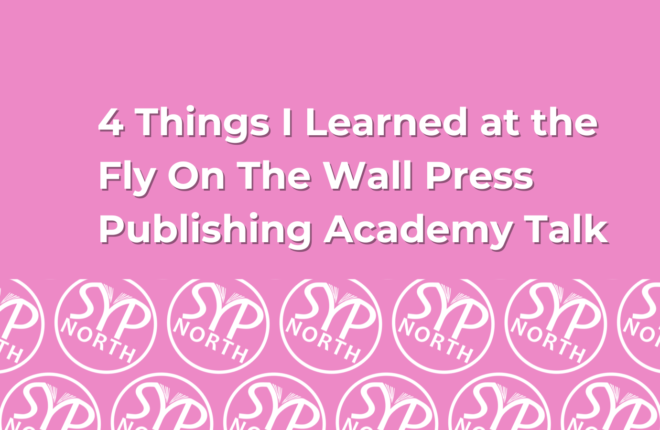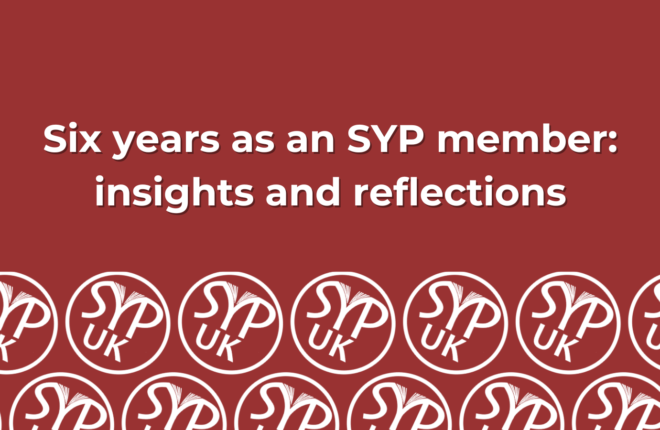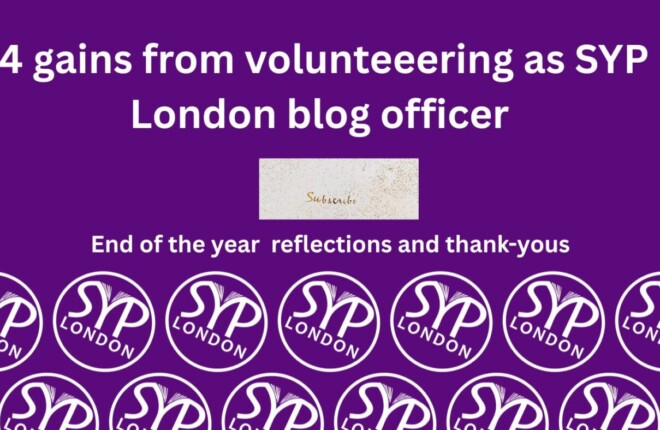
Four Things I Learned at the 2025 London Book Fair
Posted on March 24, 2025 in AHEAD, INTO, London, UK

If there’s one event where you really feel like you’re at the epicentre of the publishing industry, it’s the London Book Fair (LBF). Taking place across three days each spring, it’s mainly a space for publishers from across the world to have business meetings with each other, particularly rights deals. However, anyone who works in (or hopes to work in) publishing can also benefit from attending.
Each publisher has a stand where you can see some of their books and pick up their latest catalogue. While some stands are little more than a table, the large international publishers such as Penguin Random House and HarperCollins have huge stands with walls covered in their logo and adverts for their anticipated releases. Even wandering around soaking up the atmosphere and noting the differences between publishers’ stands can be an exciting and educational experience, if a little overwhelming at first. There’s also a packed schedule of ‘seminars’: talks and panel discussions on all aspects of publishing such as careers, marketing tips and developments in technology. Last but not least, it’s the perfect venue for publishers and publishing hopefuls to build their networks and catch up with existing connections.
This year I attended the Tuesday of LBF, which included seminars and a networking session run by my SYP colleagues. I was also keen to attend two other seminars involving the legendary Suzanne Collier, the founder of careers consultancy Bookcareers.com. I’ve been listening to her podcast for five years, so her voice and fantastic job-hunting advice are very familiar to me.
Unfortunately I missed the first two sessions I’d planned to attend (‘How to get into Publishing with the 2025 Trailblazers’ and ‘Publishing Jobs of the Future’) as the room was already full. I don’t begrudge those who did manage to get in and it’s great that they were so well attended. Fortunately, queuing 20–30 minutes early for the other seminars paid off, and that’s what I’d suggest to anyone attending next year.
I ended the day with six pages of notes, but here’s a snapshot of some key pieces of advice I picked up.
1. Apprentices aren’t the only ones who benefit from publishing apprenticeships
Next, I attended ‘Apprenticeships Uncovered: the Benefits and Opportunities for Publishers’. This panel featured people involved in hiring and managing apprentices as well as one former apprentice. Publishing apprenticeships offer a route into (or progression within) the industry for people who don’t necessarily have a university degree. Apprentices work as an assistant in a particular department while learning about the wider industry – paid work experience and no tuition fees. I’ve interviewed a past apprentice for the April 2025 edition of InPrint, so take a look at that for insights into what an apprenticeship is like.
However, the publishers hiring apprentices benefit too, as this panel emphasised. They receive a more diverse pool of employees who are trained up on their behalf (by apprenticeship provider LDN). Because apprentices gain a solid foundation of industry knowledge, managers find that they have some interesting conversations and even learn new things themselves.
2. Covering letter tips from the experts
Suzanne Collier hosted a Q&A session alongside Angus Phillips, co-author of Inside Book Publishing (commonly recommended reading on publishing masters courses and equally worth a read if you’re not doing a publishing course). Suzanne has recently published her own book, How to Job Search in Book Publishing. Together, they have a huge wealth of publishing knowledge and it was the perfect time for audience members to ask questions.
One part that stood out to me was their advice on helping your enthusiasm shine through in covering letters. Start off drafting the letter as if you’re telling a friend why you’re excited about the job. Confidence makes a difference too, be
cause how you feel about your previous experience will affect how good it sounds in the letter. Finally, allow time to leave your letter alone for a while before editing it so you’ll see it with a fresh perspective.
3. How to move between roles and departments once you’re in
The final panel I attended was ‘When Are You Ready to Take the Next Step?’, organised by the SYP and featuring panellists from publishing companies and the recruitment agency Inspired Selection. Aimed at the ‘AHEAD’ stream (those who are already working in publishing and want to progress their career), it provided advice on how to approach promotions, resignations and internal moves within the same company.
Once you’ve got your foot in the door, it’s possible to move sideways into a role that might suit you better and according to the panel it’s never too late to make this move. It’s fine to make it known to your manager that you’re interested in moving departments: they should support you because they’d rather you stayed in the company than left. You could ask to shadow someone in the other department, or if a vacancy has opened up in that team you could ask the outgoing person for advice. If you get an interview for an internal role, feel free to make use of all resources and knowledge that you can get from already working at the company.
4. LBF might trigger imposter syndrome… but don’t worry about it
During the SYP’s networking drinks, some of us discussed thoughts we’d had during the day such as “I shouldn’t be allowed in here!” because we weren’t currently working in publishing. On a more positive note, though, it added to the excitement and sense of privilege from being able to observe such a major publishing event. Opening up about that feeling made us realise we weren’t alone and reassured us that we all had perfectly valid reasons for being there. It also proved how valuable networking can be for finding others who are in the same position as you, and that the SYP is the perfect ready-made starting point for building that network.
Written by Emily Dunn




 Listen to the podcast
Listen to the podcast  Explore the Youtube channel
Explore the Youtube channel